Social justice law certificate launches
Sarah Ansardi, 2L law student, studies in the College of Law library. The College of Law recently established a new certificate in social justice after realizing that many of its professors were teaching courses with social justice components.
January 15, 2015
The College of Law at Loyola is now offering a certificate in social justice to students.
The program, which launched in the fall of 2014, requires students to complete doctrinal and experiential parts of a 14 credit hour program in order to earn a certificate.
The experiential work requires students to complete what is equal to one academic year of supervised legal work noting the needs of the underprivileged. The doctrinal work targets the legal and political frameworks around establishing rights and access to them.
According to a College of Law press release, the program is designed to promote Loyola’s mission of “advancing social justice and pursuing academic excellence through the Jesuit ideals.”
Law professors Andrea Armstrong, Bill Quigley and Rob Garda came up with the idea to offer this program after examining other law schools to see if they had programs aimed at public interest and social justice career paths.
“We found that while many law schools emphasize public service, only a few offered a formal certificate or course load geared towards future careers assisting the poor and the marginalized,” Armstrong said.
Armstrong said that after their research, they began to look at their own course offerings and faculty interests and came to the conclusion that more than half of the faculty taught a social justice course.
She said that after consulting with the students and the law school administration and gaining approval from the curriculum committee, they were able to establish the program.
However, Armstrong said that there were a number of challenges when it came to developing the program, which included making sure the university’s social justice training addressed the tools students needed to successfully advocate for the poor and the marginalized.
“We want to foster a community at the law school that supports these students,” Armstrong said. “We want to make sure that potential employers and fellowship donors know that if a Loyola law student graduates with this certificate, they have completed the equivalent of a year of supervised legal work on behalf of the poor as well as rigorously studied the doctrinal components of their field.”
The social justice certificate program will be working in collaboration with The Gillis Long Poverty Law Center.
Bill Quigley, director of The Gillis Long Poverty Law Center, said that the center is a keystone to the law school’s commitment to social justice.
“It provides dozens of summer jobs providing legal services to poor people and helps many social justice law grads pay off some of their school loans,” Quigley said. “It also brings social justice lawyers to the law school to share on issues and careers.”
Matthew Steel, a third year law student, has already shown interest in the social justice certificate.
“When I heard about the fact that Loyola would be starting to offer this certificate I was thrilled,” Steel said. “Offering such a certificate is consistent with the Jesuit values, charisma and the calling to be ‘men and women for others’ embedded in the university in general and with the law school in particular,” Steel said.
Steel said that he is seeking the certificate to offer his future clients better services.
“I want to display and show my clients what we are all about at Loyola University New Orleans College of Law, and that because I was educated there, I will ethically and zealously advocate on their behalf,” Steel said.


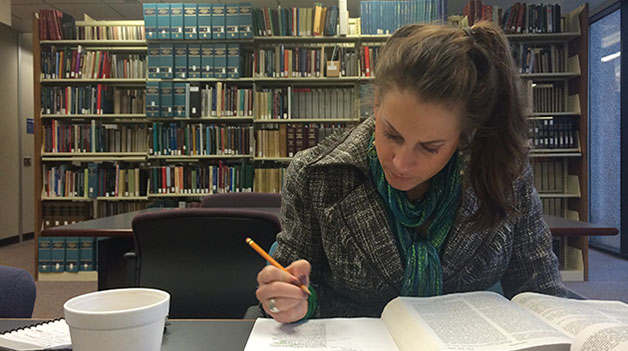
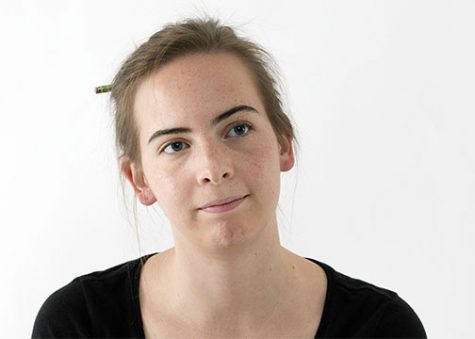




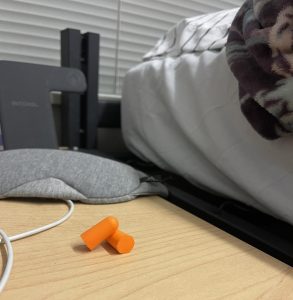
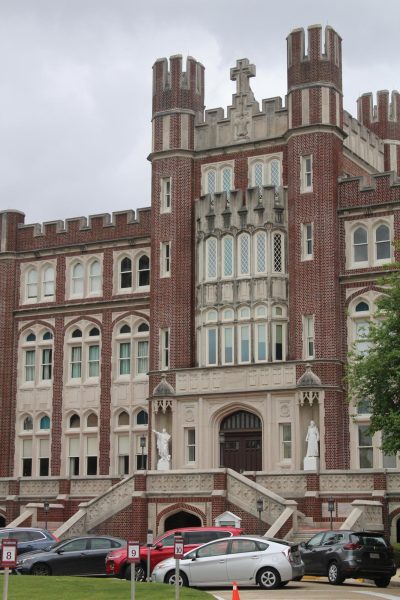
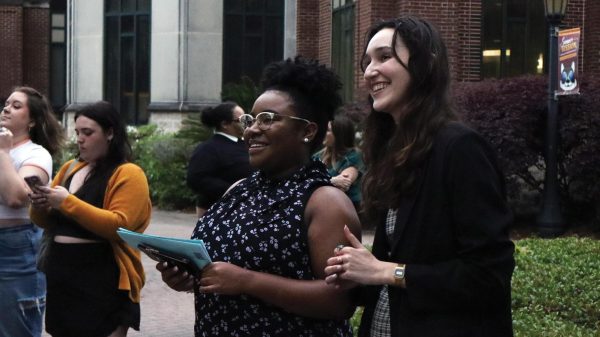
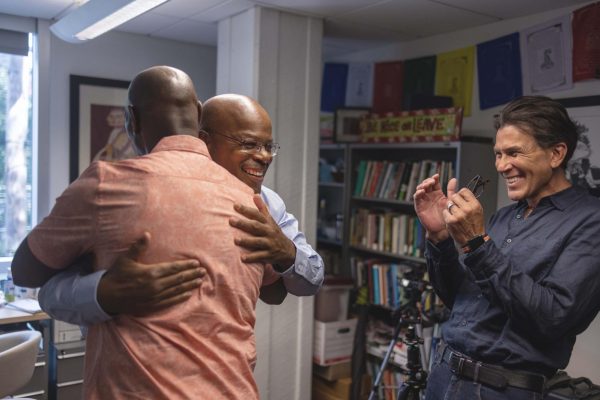
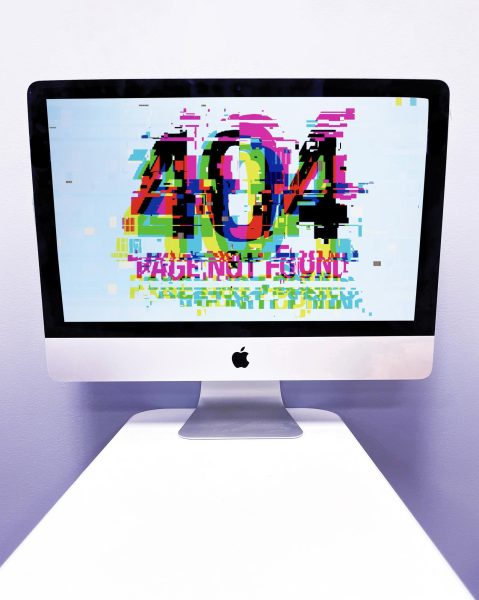

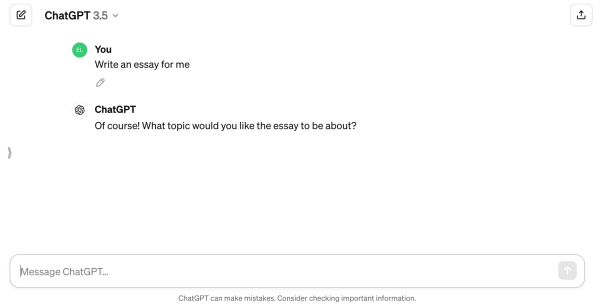
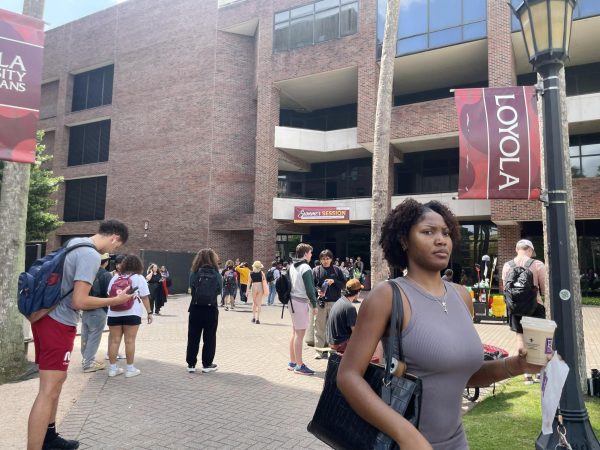
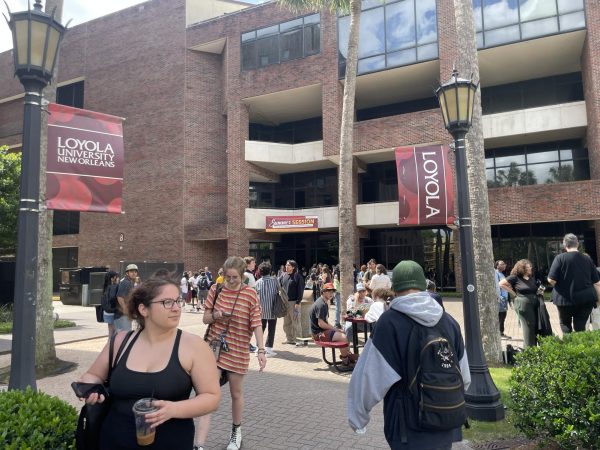

Rae Ann DiMaggio • Jan 20, 2015 at 9:03 pm
I am surprised that the comment section is opened. It was closed for comments on the web for comments. The comment section was closed for the rally against police violence.
Loyola will never learn that social justice is social injustice. I doubt that this will be printed.